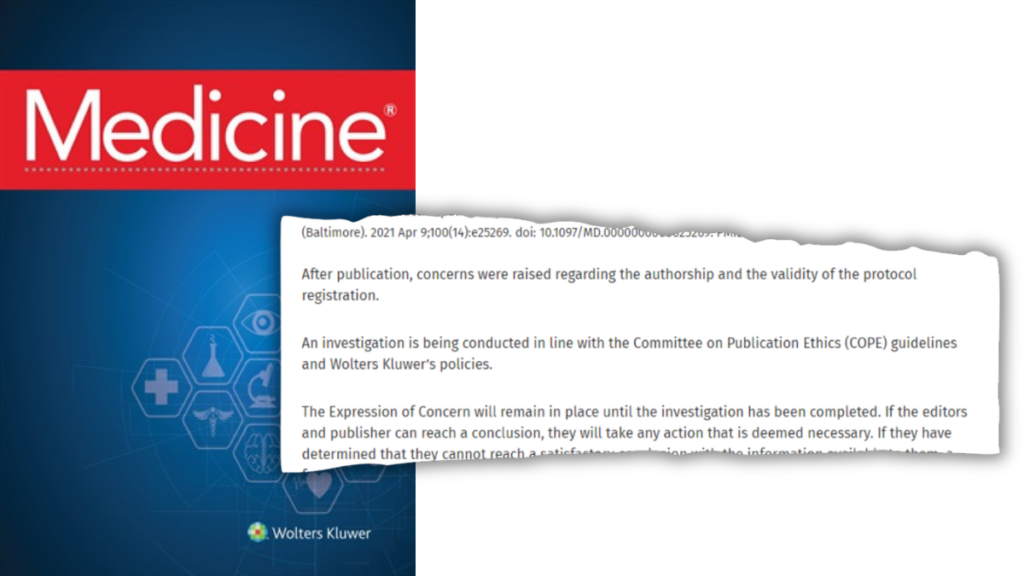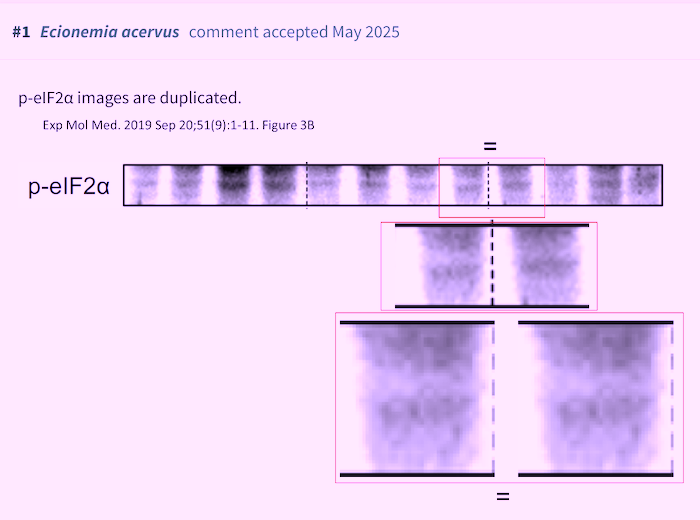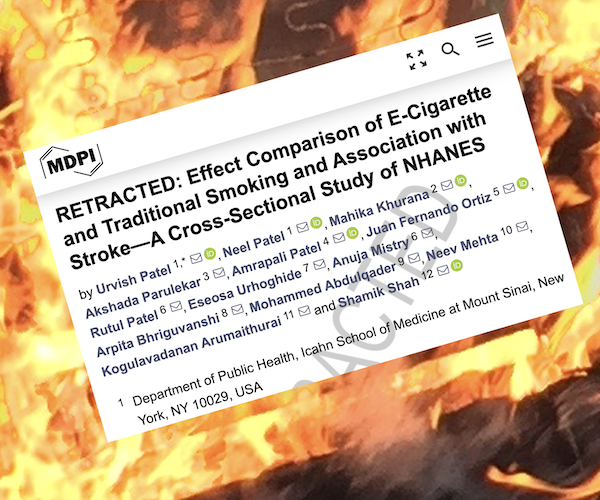
On Feb. 18, a researcher in Italy sent a disgruntled email to the editorial board of a Wiley tourism journal. Salvatore Bimonte had waited more than a year for his manuscript to be peer-reviewed, he complained, and then months more while the editor-in-chief was “actively working on” the revised version Bimonte submitted.
When Bimonte’s paper was finally rejected after 18 months — for reasons such as the topic not being “highly suitable” and the work not being submitted in the form of a case study — the researcher felt compelled to vent his frustration to the entire editorial board of the International Journal of Tourism Research (IJTR).
“Maybe, I would have been treated better if I had cited some of the editor in chief’s papers,” Bimonte, of the University of Siena, wrote in boldface in the email, which we have seen. Two days later, an unhappy editor at the journal quit, Retraction Watch has learned.
Continue reading Exclusive: Unrest at Wiley journal whose EIC is cited in more than half of its papers







